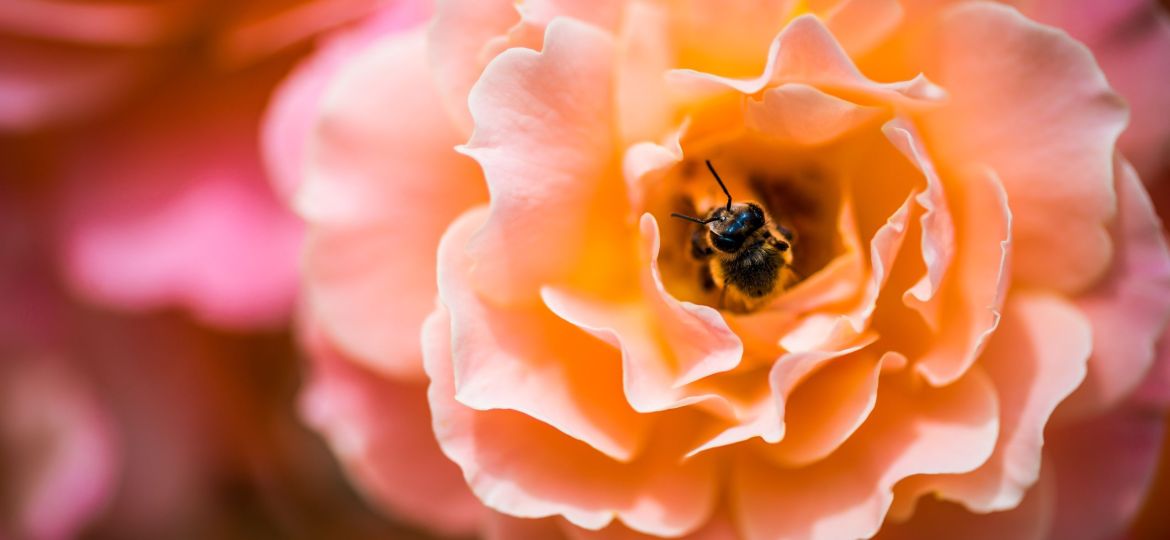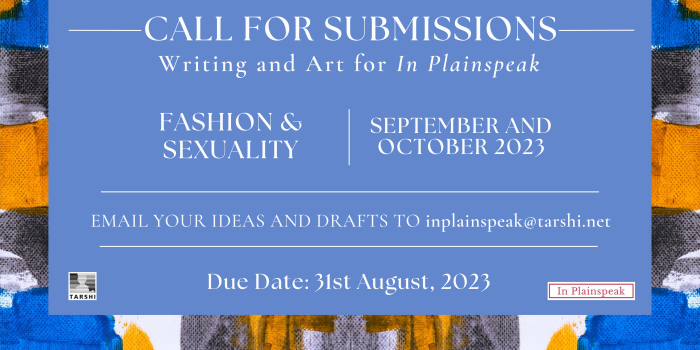
Many of us may have cringed at “the birds and the bees” talk – whether during a rushed-through biology class on reproduction or when our parents decided we were at the appropriate age to learn about puberty and safety. Perhaps, we heard about ‘sex’ in hushed tones from a friend or a sibling, or stumbled across it during our online explorations.
Despite being an important part of our lives, sexuality is a topic that is whispered about, giggled over, or altogether avoided. This leaves us, especially young people, grappling with a multitude of questions, doubts and confusion about understanding our bodies, ourselves, relationships, emotions and overall wellbeing. While there is an oversaturation of information on sexuality, accurate, inclusive and affirming information is few and far between. Comprehensive Sexuality Education (CSE) offers us multiple pathways to address these dilemmas. However, resistance to CSE continues to persist due to various societal, cultural and personal reasons.
Guilt and shame often inform our approach to understanding and navigating our sexuality. Sanchia Alleen Aranha explores the internal and external manifestations of such guilt, and how we can envision “breaking the cycle of silence, guilt and misconceptions” through CSE. Katie Yenna recalls the profound impact that Deepa Mehta’s Fire had in helping her overcome her discomfort and embrace her sexuality in the absence of CSE as she was growing up.
The absence of CSE can create unsafe environments where one may feel the need to hide their true self. Abdullah Erikat expresses his frustration at the racial and gender stereotypes he faces, not just from the outside but also from within. In our Brushstrokes section, Rinku envisions “a room of one’s own” where women can freely express their sexuality.
How would parents react to the idea of a CSE curriculum at school? In our Video section, watch what happens when Simmi returns home with a ‘baby’.
In Hindi, we bring you two Hindi translations that explore how pleasure and safety are two sides of the same coin that is sexuality. The first is a translation of Alankaar Sharma’s article which highlights the many ways in which CSE can help counter child sexual abuse. In the second translation, Ramya Anand reflects on how the idea of providing young people with pleasure-affirming CSE creates great panic among adults.
Readers, we have an exciting announcement for you! TARSHI brings you a special offer on our online course on CSE. This popular course is designed to help teachers/educators gain comfort and confidence in addressing sexuality-related topics with young people. You can register for the course here with a flat 50% discount. This offer is valid until August 23, 2023, so hurry up! You can read more about the course here.
In our mid-month issue, we continue to explore the gaps in and challenges to imparting CSE, with a focus on the crucial role that educators play in providing accurate information about sexuality that is devoid of shame, fear and taboo. What does a world where inclusive and self-affirming CSE is the norm look like?
Identifying herself as a “sexuality exploration facilitator,” Simran Sanganeria dwells upon the effort that goes into creating inclusive CSE curricula that take into account participants’ needs, while also negotiating her own sexuality and boundaries. How do we incorporate diverse content, knowledges, pedagogies and modalities that can make sexuality education truly comprehensive?
In our interview section, sexuality educators and content creators Reema Ahmad, Tarun Vejendla and Apurupa Vatsalya share their insights into the gaps and challenges of making CSE diverse and inclusive. They explore the complex threads that can help us adopt rights-based, intersectional and pleasure-affirming approaches to CSE.
Our contributors also reflect on the difference that CSE would have made in their own lives. Surbhi Bhalla, visualising her sexuality as a DIY project, explores the obstacles she has faced at various stages of her life and how age- and stage-appropriate CSE might have helped her and those around her adopt an affirming approach towards sexuality. Chand writes a letter to their 21-year-old self about their ongoing journey of understanding sexuality and continuing to have hope despite the judgment they face from society. Gayathri, mulling over their own questions, confusion and need for a safe space to understand their sexuality, writes about the the importance of overcoming the resistance to CSE by unlearning our biases.
To round off the issue, we bring you two more Hindi translations. The first one is Tsewang Chuskit’s musings on accessing CSE while growing up and critique of her work as a sexuality educator in Ladakh. The second translation is Rishita Nandagiri’s reflections on her own trials and tribulations when trying to understand sexuality, which ultimately paved the way for her to advocate for CSE.
Before we bid you adieu, we have an announcement! From September 2023, we will follow a new publication schedule for In Plainspeak. Instead of publishing two issues on a monthly theme, we will publish one issue every month with a theme running across two months. It is our hope that this will give our contributors – new and old – more time to conceptualise their pieces and also allow the In Plainspeak team to engage with our readers and contributors in a more sustainable and interactive manner.
Until the next time, keep learning and unlearning!
Cover Image: Photo by Diana Măceşanu on Unsplash
